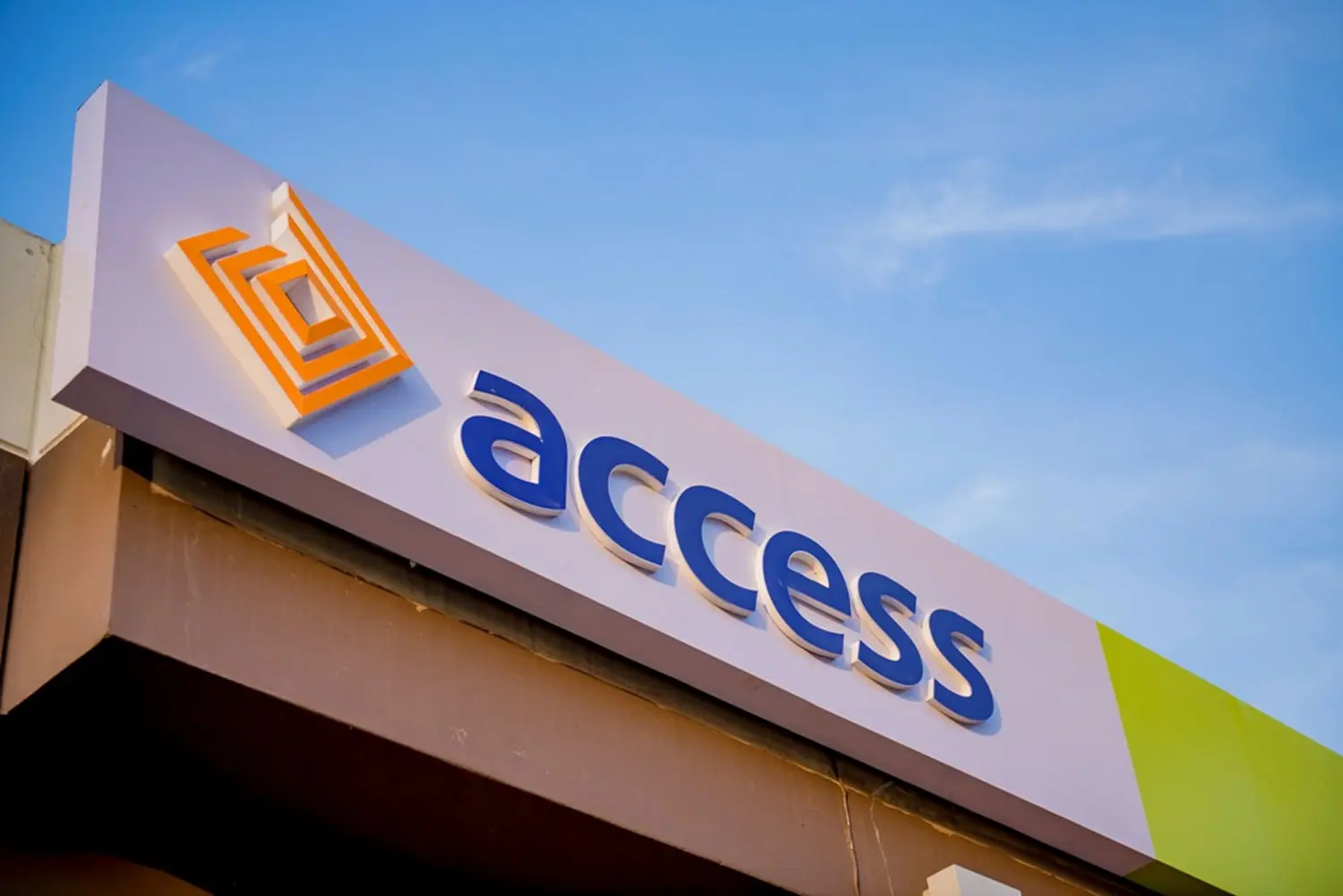For startups that operate in Nigeria and report their revenue to investors in US dollars, the recent unification of exchange rates in Nigeria might be a new hurdle.
On Wednesday, the Central Bank of Nigeria (CBN) confirmed Nigeria’s move to a unified exchange rate. The unification immediately caused the Naira to lose 36% of its value and drop to a record low of $1/₦750. While the markets reacted positively to the announcement, Nigerian startups were not as enthused. For startups that raised capital in foreign currencies and reported revenues to investors in USD, a unified FX rate might be a new hurdle.
Before now, many startups reported revenues using Nigeria’s official exchange rate of $1/₦462. It means that while $1 million in revenue two months ago was around ₦462 million, today it is ₦656 million. That increase (₦196 per dollar) is significant for startups that gain revenue in Naira.
Although it was a common practice to report revenue using the official rates, some startups reported at the parallel rate (₦750). Startups that reported revenue to their investors using the former official exchange rate would be the most affected by the single rate. Nnamdi Ifechi-Fred, a digital economy analyst, told TechCabal that he thinks that startups that reported revenue at the official rate, would see “something change for them.”
Some startup founders who spoke to TechCabal said that despite these changes, they will not be hurrying to the drawing board to rewrite their revenue targets for the year. For startups that had been reporting revenue in Naira before the unification, not much has changed. “We have been reporting our revenue in Naira for over two years. We didn’t agree on targets with investors based on dollars or euros,” said Romain Poirot-Lellig, the CEO of Kwik Nigeria, a mobility startup. “For me, it is important that when reporting, you are as close as possible to the local economy.”
Adedeji Olowe, founder of Lendsqr, a lending SaaS fintech, told TechCabal that a unified FX rate will affect the previous valuation of startups and could “make them go very bad”. “I think things will cross-correct down the line because startups are still raising money. In truth, there is nothing startups can do about this,” he added.
The multiple rates also dampened investor confidence because it was difficult for investors to repatriate their profits. Nigeria’s international bonds surged after rumours of a unified rate on Monday. Olowe told TechCabal that the unification of the FX rate could improve investor confidence. “If things continue this way, two things could happen: the FX could get better and investment could become easier for everybody.”
Poirot-Lellig told TechCabal that the unified FX rate could be a good thing for businesses in the long run because it brings stability to the market. “The key thing when growing a business is operating in a predictable environment as much as possible. If you know that you will be able to access foreign currency regularly, then you can adapt your financial and economic planning accordingly.”
Although the multiple rate system caused confusion for startups, it had its advantages. By reporting operating expenses at the official exchange rate and converting dollars at the parallel rate, startups could benefit from the multiple rates.
For Mathew Saunders, head of investments at Future Africa, a venture capital firm, the unification of the FX rate “is an important step towards enhanced financial transparency for Nigerian startups, particularly when reporting to investors.” He added that while this measure could momentarily affect operational costs for most startups, it will ultimately benefit the ecosystem by cultivating an environment marked by more trust and clarity.
For many Nigerian startups, the shift to a unified FX rate necessitates a reevaluation of their approach to making money. As founders navigate the changing landscape, they will need to find innovative solutions and create strategies to ensure continued growth and success in the face of evolving economic policies. Ultimately, the impact of this exchange rate unification on Nigerian startups remains to be seen, but it undoubtedly presents both challenges and opportunities for the tech ecosystem.























